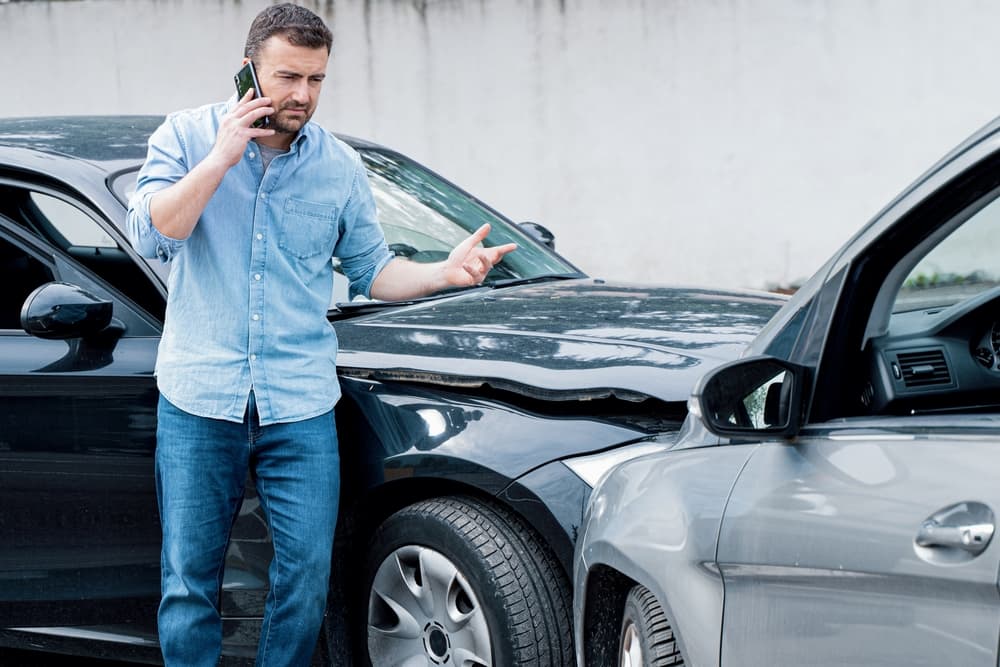
Image Source- Google
Car accidents can be devastating, both physically and emotionally. When an accident occurs, determining who is at fault is crucial for insurance claims and legal proceedings. Negligence is a common factor in many car accidents, and understanding how it applies can make a significant difference in the outcome of your case.
In this article, we will explore negligence in car accidents from the perspective of a trusted car accident attorney, shedding light on its different aspects and what you need to know.
The Basics of Negligence
Negligence is a legal concept that forms the basis of many personal injury cases, including car accidents. In the context of car accidents, negligence refers to the failure of a driver to take reasonable care while on the road, leading to harm or damage to others. To prove negligence in a car accident case, the following elements must be established:
Duty of Care
- Every driver has a duty to operate their vehicle in a safe and responsible manner.
- This duty includes obeying traffic laws, following road signs, and driving at a reasonable speed.
Breach of Duty
- If a driver fails to fulfill their duty of care by engaging in reckless or careless behavior, they have breached their duty.
- Examples of breach of duty include speeding, running red lights, distracted driving, and driving under the influence of alcohol or drugs.
Causation
- It must be demonstrated that the breach of duty directly caused the accident and resulting harm.
- If the accident would not have occurred but for the driver's negligent actions, causation is established.
Damages
- The final element of negligence involves proving that actual harm or damages were suffered as a result of the accident.
- These damages can include medical expenses, property damage, lost wages, and pain and suffering.
Types of Negligence in Car Accidents
Negligence in car accidents can take various forms, each with its own set of implications. Some common types of negligence seen in car accident cases include:
Driver Error
- Driver error is one of the leading causes of car accidents and can encompass a wide range of behaviors, such as speeding, failing to yield, improper lane changes, and distracted driving.
- Driver error often results from inattention, lack of experience, impairment, or simply making a poor judgment call while behind the wheel.
Failure to Maintain Vehicle
- Negligence can also arise from a driver's failure to properly maintain their vehicle, leading to mechanical issues that contribute to an accident.
- Examples include worn-out brakes, bald tires, malfunctioning lights, and other maintenance-related issues that compromise the safety of the vehicle.
Violation of Traffic Laws
- When a driver disregards traffic laws and regulations, they are acting negligently and putting themselves and others at risk.
- Common violations include running stop signs or red lights, illegal turns, speeding, and driving the wrong way on a one-way street.
Proving Negligence in a Car Accident Case
Proving negligence in a car accident case requires gathering evidence and presenting a compelling argument to support your claim. An experienced attorney can help you navigate the legal process and build a strong case on your behalf. Key steps in proving negligence include:
Evidence Collection
- Gather all available evidence from the scene of the accident, including police reports, witness statements, photographs, and medical records.
- This evidence can help establish the sequence of events leading up to the accident and the extent of the damages incurred.
Investigation
- An attorney can conduct a thorough investigation to determine the cause of the accident and identify any negligent actions on the part of the other driver.
- This may involve consulting with accident reconstruction experts, analyzing vehicle damage, and reviewing relevant traffic laws.
Negotiation or Litigation
- Depending on the circumstances of the case, your attorney may negotiate with the at-fault party's insurance company for a fair settlement.
- If a settlement cannot be reached, litigation may be necessary to seek compensation through a court trial.
Seeking Legal Guidance
Navigating a car accident case involving negligence can be complex, but you don't have to face it alone. Seeking the guidance of a knowledgeable attorney can make a significant difference in the outcome of your case. An attorney can provide you with:
Legal Expertise
- An attorney specializing in personal injury law will have the expertise and resources to handle your case effectively.
- They can navigate the legal process on your behalf, ensuring your rights are protected and fighting for the compensation you deserve.
Peace of Mind
- Having an attorney by your side can alleviate the stress and uncertainty of dealing with insurance companies and legal proceedings on your own.
- You can focus on your recovery while your attorney handles the complexities of your case.
By understanding the concept of negligence in car accidents and enlisting the help of a skilled attorney, you can pursue the compensation you need to move forward after a car accident. If you have been injured in a car accident due to someone else's negligence, don't hesitate to seek legal guidance and protect your rights.